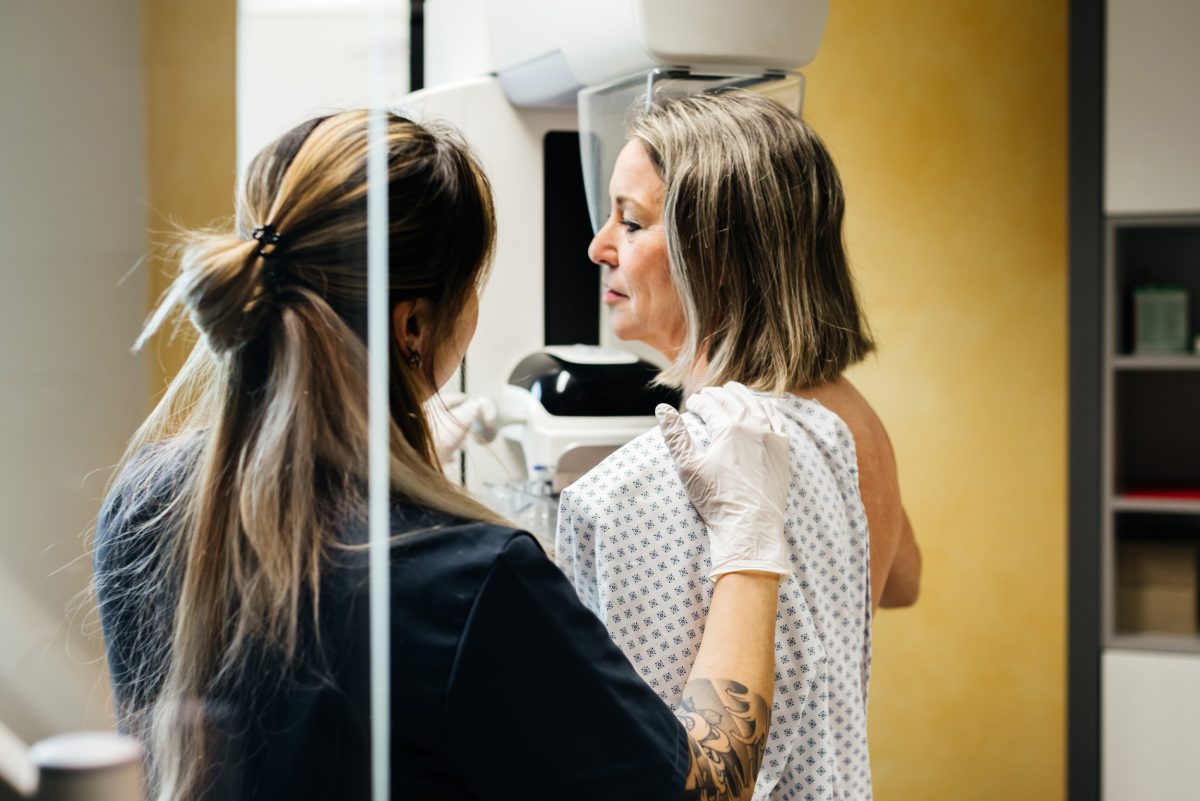Science
Breast Screening Could Help Millions Detect Heart Disease Risk

A recent study indicates that routine breast cancer screenings could serve a dual purpose by identifying women at risk of heart disease. Researchers found that these screenings can help detect potential heart health issues, allowing targeted lifestyle interventions and medications to lower blood pressure and cholesterol levels. The study was led by Dr. Jennifer Barraclough from The George Institute for Global Health in Sydney.
Every year, approximately 2 million women in the United Kingdom undergo breast screenings, primarily targeting those aged between 50 to 71 years as part of the NHS program. The findings suggest that mammograms could be utilized as a comprehensive tool for assessing heart disease risk, in addition to their primary role in cancer detection.
Link Between Breast Density and Heart Health
The researchers noted that mammograms can reveal signs of heart disease through breast density analysis. If plaques are present in the heart arteries, similar plaques may be found in blood vessels elsewhere, including the breasts. Higher levels of fatty tissue within the breasts are also correlated with excessive fat surrounding the heart, which can be identified on mammograms.
To assess the viability of using breast screening as a heart health check, Dr. Barraclough’s team analyzed health records from nearly 50,000 Australian women who had undergone at least one breast scan. Over a follow-up period of nine years, 3,400 women experienced a heart attack, stroke, or were diagnosed with arterial plaques. The data enabled researchers to develop an artificial intelligence (AI) tool that calculates the risk of these heart events based on mammogram results and age.
This AI program demonstrated accuracy comparable to existing heart risk assessment tools, which typically combine factors such as weight, blood pressure, and family history. The implication is that breast screenings could significantly aid in identifying women at risk for heart disease, according to Dr. Barraclough.
Potential for Integrated Health Assessments
The research findings were published in the medical journal Heart. In an accompanying commentary, Professor Gemma Figtree, a cardiologist at the University of Sydney, emphasized the practicality of integrating this approach into routine breast screenings. “This would be a simple measure that does not require additional history or blood tests,” she noted.
Other innovative methods for assessing heart risk are currently under exploration. For instance, Dr. Arunashis Sau, a cardiologist at Imperial College London, mentioned that examining for plaques in blood vessels in the eye or neck could provide further insights. He remarked, “As you develop furring of the arteries, that will affect a lot of the arteries in the body, including the arteries of the heart.”
Dr. Sau added that incorporating such screenings into existing protocols could help identify high-risk individuals without imposing additional burdens on healthcare systems. This dual-purpose approach could serve as a wake-up call for women, prompting them to adopt healthier lifestyles through increased exercise, improved diets, reduced salt intake, and weight loss. In some cases, medication may also be necessary.
The study presents a promising avenue for utilizing existing healthcare practices to enhance the assessment of overall health, particularly in women. By leveraging breast cancer screenings, healthcare providers could improve early detection and intervention strategies for heart disease, ultimately saving lives and improving health outcomes.
-

 Entertainment3 months ago
Entertainment3 months agoAnn Ming Reflects on ITV’s ‘I Fought the Law’ Drama
-

 Entertainment4 months ago
Entertainment4 months agoKate Garraway Sells £2 Million Home Amid Financial Struggles
-

 Health3 months ago
Health3 months agoKatie Price Faces New Health Concerns After Cancer Symptoms Resurface
-

 Entertainment3 months ago
Entertainment3 months agoCoronation Street’s Carl Webster Faces Trouble with New Affairs
-

 Entertainment2 months ago
Entertainment2 months agoWhere is Tinder Swindler Simon Leviev? Latest Updates Revealed
-

 Entertainment4 months ago
Entertainment4 months agoMarkiplier Addresses AI Controversy During Livestream Response
-

 Science1 month ago
Science1 month agoBrian Cox Addresses Claims of Alien Probe in 3I/ATLAS Discovery
-

 Entertainment4 months ago
Entertainment4 months agoKim Cattrall Posts Cryptic Message After HBO’s Sequel Cancellation
-

 Entertainment2 months ago
Entertainment2 months agoOlivia Attwood Opens Up About Fallout with Former Best Friend
-

 Entertainment3 months ago
Entertainment3 months agoMasterChef Faces Turmoil as Tom Kerridge Withdraws from Hosting Role
-

 Entertainment4 months ago
Entertainment4 months agoSpeculation Surrounds Home and Away as Cast Departures Mount
-

 World2 months ago
World2 months agoCole Palmer’s Mysterious Message to Kobbie Mainoo Sparks Speculation





















